Since January 01 2016, there has been alot of talk regarding the new No Jab, No Play legislation for early childhood services.Under this new law a child cannot attend a service until acceptable vaccination documentation is provided.
What Is it All About?
The aim of the No Jab, No Play law is to improve vaccination rates and reduce the spread of diseases.According to statistics, the current immunisation rate for children under 5 years of age is 92%, however the immunisation coverage of 95% is necessary to halt the spread of particular diseased such as measles.
Measles outbreaks that occurred last year has highlighted the need for high immunisation coverage. To ensure that children are vaccinated against life threatening and potential diseases the No Jab No Play legislation hopes to encourage parents to immunise their child.
Please Note: The No Jab, No Play legislation is a state law. It is recommended that early childhood services check their state government legislation to see if the No Jab, No Play law has come into effect for their particular state/territory.
What Does this Mean for Services?
Under the No Jab No Play legislation, before enrolling a child the early childhood service must obtain evidence that the child is:
- fully immunised for their age OR
- on a vaccination catch up program OR
- unable to be fully immunised for medical reasons
Before services can confirm the enrolment of the child, parents must provide immunisation status certificate that shows the history of the child's immunisations. If a child has not had the necessary vaccinations it is the services choice to enrol and provide care for the unimmunised child.
Early Childhood Services should also develop relevant policies in regards to the No Jab. NO Play legislation and whether or not they will continue to provide care to unimmunised children. When making decisions the service needs to consider that:
- the benefits of immunisation are based on evidence
- how services can support unimmunised children becoming immunised
- a majority of parent who have not immunised their child for a range of purposes. Often families are low income earners, non English speaking or dealing with other issues and immunising their child isn't a priority
Each early childhood service should really think about and understand the needs of their community and come up with a decision that benefits the families within the service and families who may be joining the service in the future.
Catch Up Arrangement For Families
Those children who do not meet the immunisation requirements for family assistance will be informed by the Department of Human Services and will be encouraged to update their child's vaccination records or commence an appropriate vaccination catch up schedule.
From the 01 January 2016, all states and territories will be distributing free national Immunisation Program vaccines for all children under 10 years that require catch up.
Immunisation - A Personal Choice
Immunising a child is a parents personal choice and this legislation doesn't force a parent to immunise their child, unless they want:
- access childcare,
- receive child care benefit or
- family assistance payments.
Parents will no longer be eligible for the above unless their child is fully immunised or has an approved medical exemption.
The government has a responsibility to make decisions to balance the health of the community and prevent problems before they occur. The No Jab, No Play is to increase immunisation rates for the younger children within the community.
References:


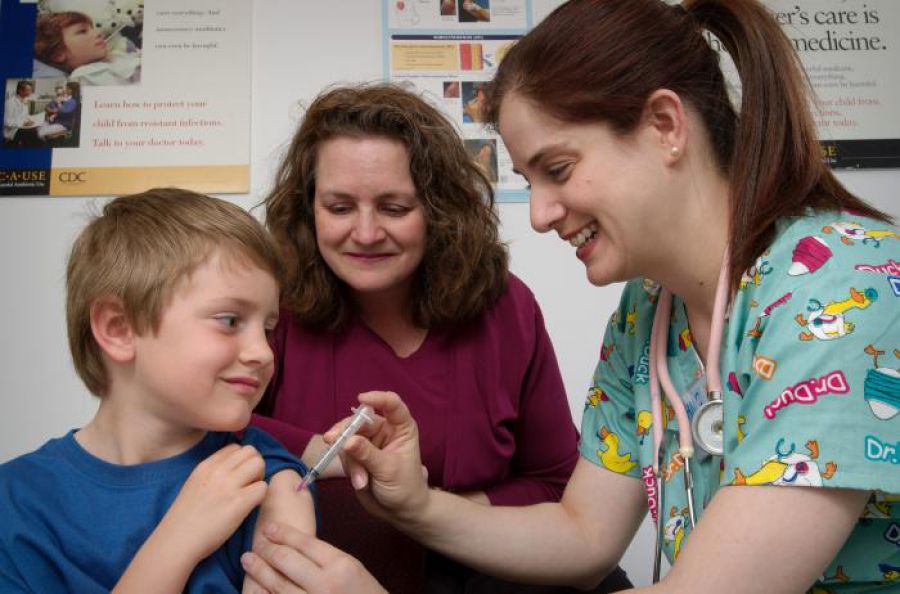
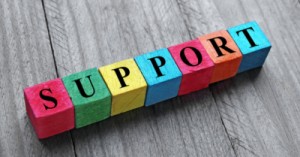


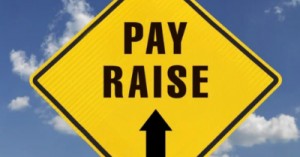
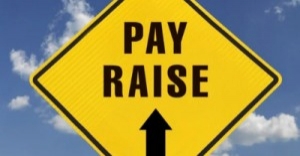 On 10 December 2025, the Fair Work Commission issued a major determination affecting the Children’s Services Award 2010 (MA000120). These changes form part of the
On 10 December 2025, the Fair Work Commission issued a major determination affecting the Children’s Services Award 2010 (MA000120). These changes form part of the Over the next five years, educators across the sector will see steady, structured wage increases designed to lift pay to the new benchmark rates for
Over the next five years, educators across the sector will see steady, structured wage increases designed to lift pay to the new benchmark rates for The Fair Work Commission has introduced important changes to how cooks are classified and paid under the Children’s Services Award 2010. These changes recognise that
The Fair Work Commission has introduced important changes to how cooks are classified and paid under the Children’s Services Award 2010. These changes recognise that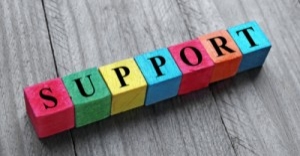 At the centre of this case is an incident captured on CCTV at an early learning service in Bathurst, where 18‑year‑old educator Hayley Kelleher grabbed
At the centre of this case is an incident captured on CCTV at an early learning service in Bathurst, where 18‑year‑old educator Hayley Kelleher grabbed